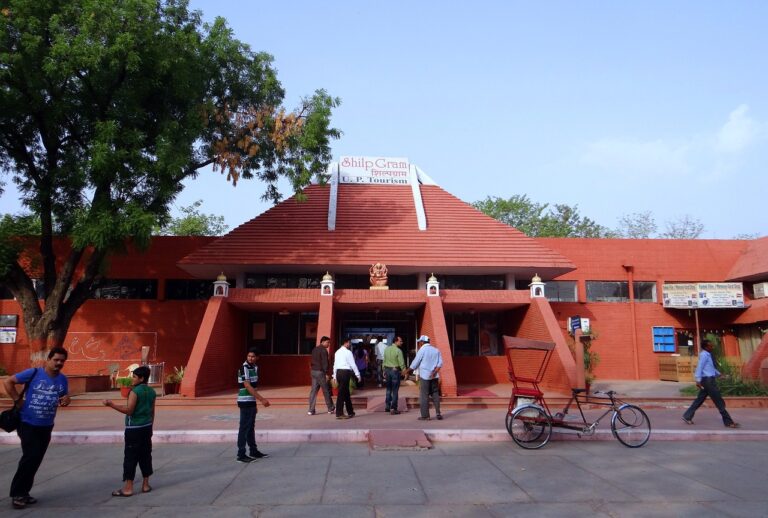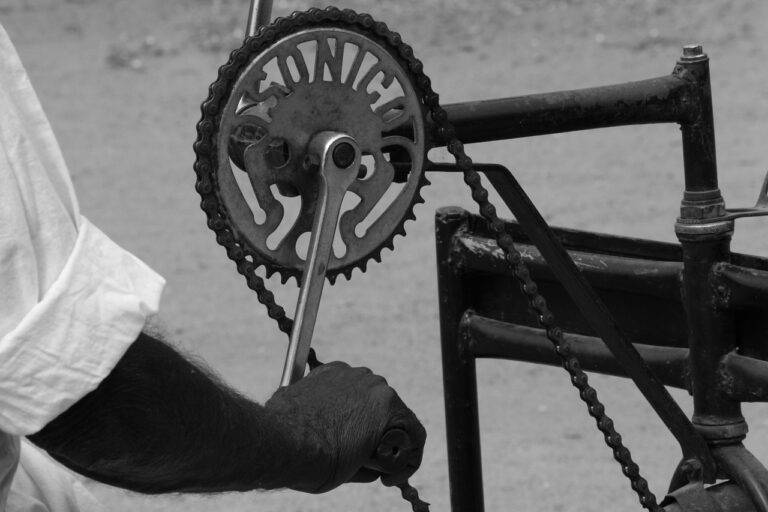The Accessibility of Polling Stations for Elderly Voters
Elderly voters often encounter various challenges when they visit polling stations to exercise their democratic right. Long queues and crowded spaces can be physically demanding for older individuals with mobility issues. Navigating through unfamiliar voting procedures and technological devices can also pose significant hurdles for elderly voters, especially those who may have limited experience with digital tools.
In addition to physical obstacles, elderly voters may face communication barriers at polling stations. Complex ballot language and instructions written in small fonts can create confusion and make it difficult for seniors to understand the voting process. Moreover, the lack of assistance and support tailored to the needs of elderly voters can further exacerbate their challenges and deter them from participating in elections.
– Elderly voters often struggle with long queues and crowded spaces at polling stations
– Navigating through unfamiliar voting procedures and technological devices can be challenging for older individuals
– Complex ballot language and small fonts on instructions can create confusion for elderly voters
– Lack of assistance tailored to the needs of elderly voters can deter them from participating in elections
Physical barriers hindering access for elderly voters
Elderly voters encounter various physical barriers that impede their access to polling stations. From steep ramps to narrow doorways, the layout of many polling sites poses challenges for individuals with mobility issues. Uneven pathways and lack of handrails further exacerbate the difficulties faced by elderly voters trying to navigate these spaces.
Moreover, inadequate seating arrangements and long queues contribute to the discomfort and fatigue experienced by elderly voters waiting to cast their ballots. Insufficient signage and poor lighting can also make it harder for them to find their way around polling stations independently. These physical barriers not only hinder accessibility but also potentially discourage elderly voters from participating in the democratic process.
Lack of support for elderly voters at polling stations
Elderly voters often face a lack of support at polling stations, which can significantly impact their voting experience. Many seniors struggle to navigate the voting process independently due to limited mobility, hearing impairments, or other age-related challenges. Without adequate assistance or guidance, they may find it challenging to cast their vote accurately and confidently.
Moreover, the absence of specialized support services tailored to the needs of elderly voters can further exacerbate the situation. Polling stations often lack trained personnel or resources to assist seniors effectively, leaving many feeling overwhelmed and discouraged. As a result, elderly voters may experience heightened frustration and disenchantment with the electoral process, highlighting the pressing need for improved support mechanisms to ensure inclusivity and accessibility for all voters.
How does the lack of support at polling stations affect elderly voters?
The lack of support at polling stations can make it difficult for elderly voters to navigate the voting process, resulting in their disenfranchisement.
What kind of support do elderly voters typically need at polling stations?
Elderly voters may need assistance with physical tasks such as filling out forms, using voting machines, or standing in long lines. They may also require support in understanding ballot measures and candidates.
What can be done to improve support for elderly voters at polling stations?
Polling stations can provide trained staff or volunteers to assist elderly voters, ensure that the facilities are accessible for those with mobility issues, and offer information in formats that are easy to understand.
Are there any laws in place to protect the rights of elderly voters at polling stations?
Yes, there are laws such as the Americans with Disabilities Act and the Help America Vote Act that require polling stations to provide accommodations for elderly voters and individuals with disabilities.
How can family members or caregivers help elderly voters at polling stations?
Family members or caregivers can help elderly voters by offering transportation to the polling station, assisting with voting procedures, and advocating for their needs if they encounter barriers.







